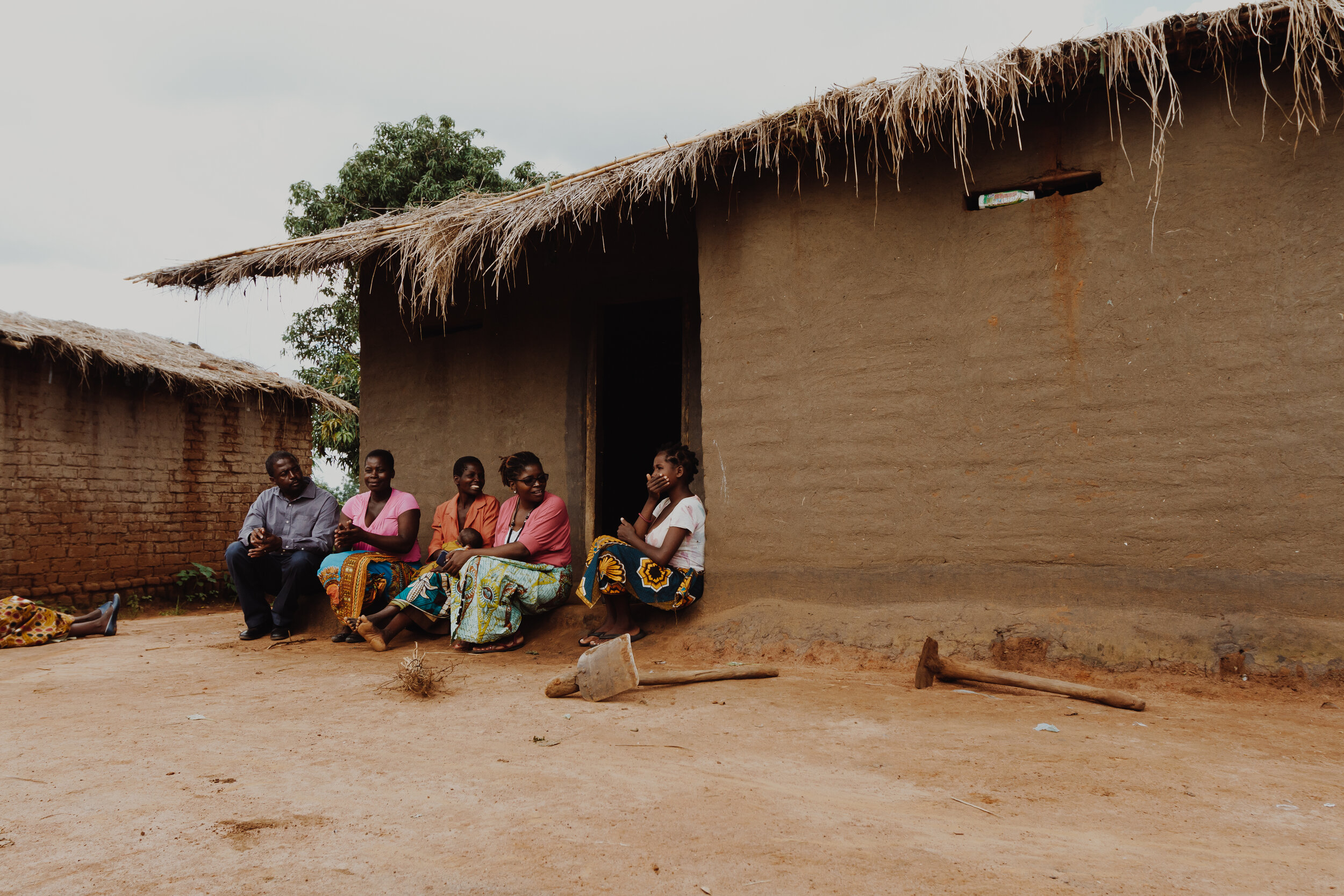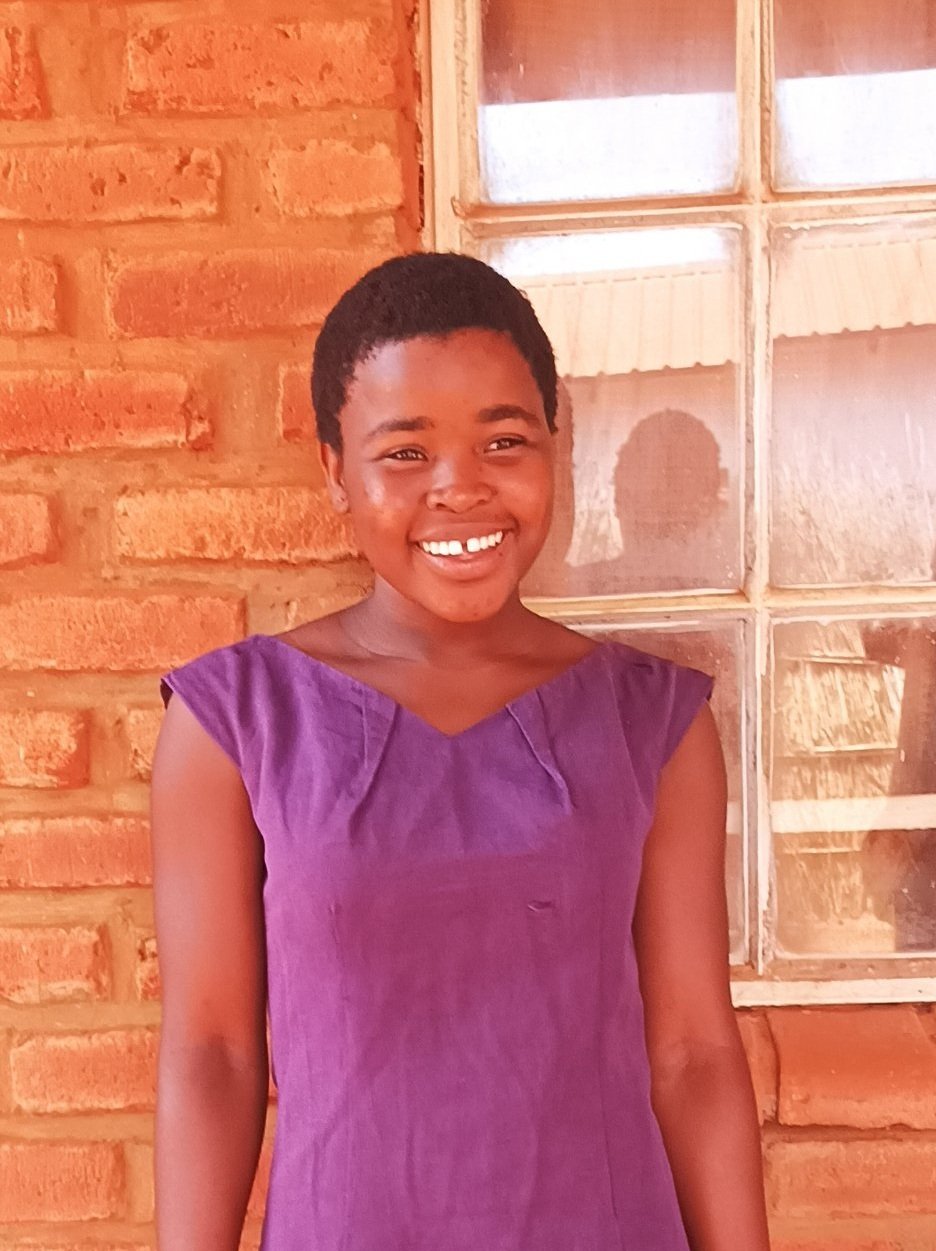
Word Alive Commission for Relief
and Development
Word Alive Commission for Relief and Development (Word Alive) is partnering with E3 to respond to the challenges of poverty, teenage pregnancy, child rape and early marriages at Mitundu Primary School and surrounding villages in Lilongwe Rural, Malawi. When children move on to secondary school, Word Alive continues to encourage and support them.
The Ndita programme (meaning “I can”) was created to help girls stay at school rather than dropping out because of pregnancy or early marriage. Each year in Malawi, a staggering 47% of girls get married before age 18. Now Ndita helps boys too because poverty robs girls and boys of hope, purpose and motivation to complete their education. Girls who started Ndita at primary school are now heading to university!
Sarah, Age 17
“I have learned life skills like resilience and self-confidence. My peers used to make fun of me because I was very short. Some said I could not achieve anything but through Ndita and my friends in my group, I managed to overcome this challenge. I believe that God has a specific purpose for my life.
“I studied at one of the best government secondary schools and passed my exams with Distinctions. I have applied to university to study Medicine, and I dream of becoming a paediatrician or a surgeon.”
E3’s partnership helps fund:
Over 780 young people meet in groups regularly, learn biblical life skills, hear from young people at university and are encouraged and mentored to stay at school, complete their education and set goals for their future. They are a great support for each other as they struggle with the challenges of poverty, being a teenager and the negative influences around them, like alcohol and drugs. Where finances are an obstacle, Word Alive helps with school fees and other costs.
Christian university students meet with them regularly to share the Gospel, encourage and support them. Some of the girls supported through Ndita are now studying at university and can share and encourage from their own experiences.
Child protection initiatives in the school and community to ensure all children involved in the programme are protected from any form of abuse, exploitation or neglect. This includes teaching on gender-based violence to the children, focusing on the importance of respecting and honouring women, a concept that seems foreign in a community where patriarchal dominance is prominent.
Re-usable sanitary pads forover 300 vulnerable girls to promote menstrual hygiene, boost self-esteem and enable them to attend school regularly. Teachers have reported that absenteeism amongst girls has decreased and girls feel more confident.
Business skills training for the parents so they can set up small businesses and provide for their families. This will protect the girls from prostitution and having to leave school early.
E3 grant: £6,000
Petros Abbas leads the project.
“There were more people discouraging me from pursuing my education than encouraging me. They said the future doesn’t belong to girls. I thank God that when I joined the Word Alive programme in 2017, our mentors were young girls who were at college. This ignited a fire in my heart not to rest until I achieve my dreams. I am happy that I managed to complete my secondary education.”




